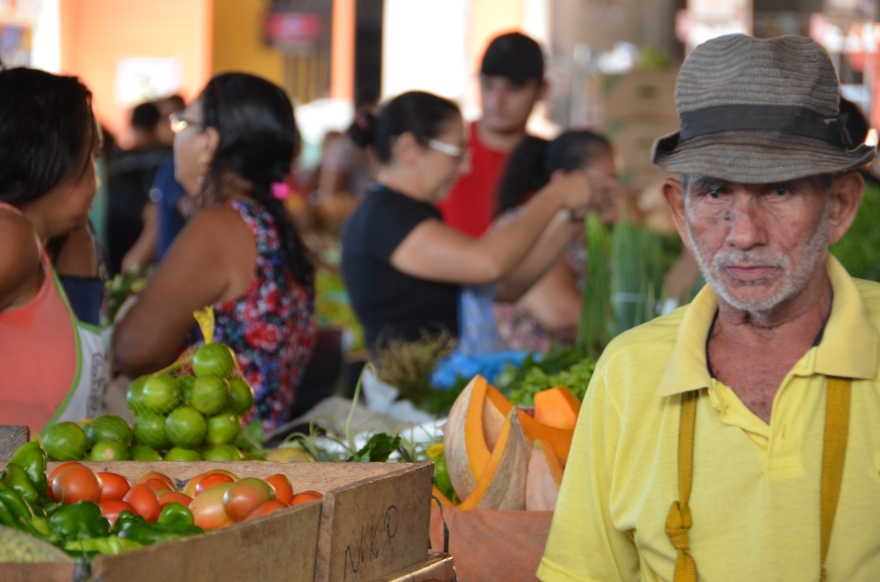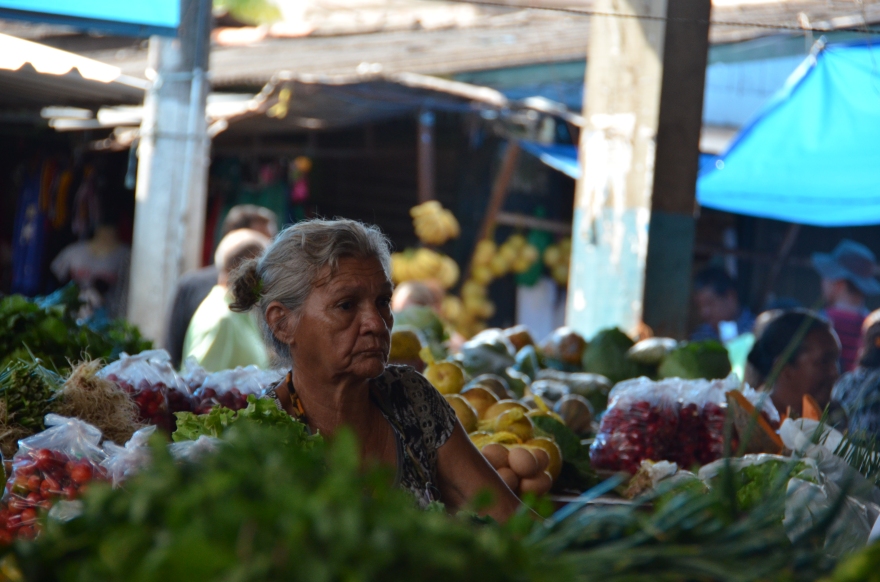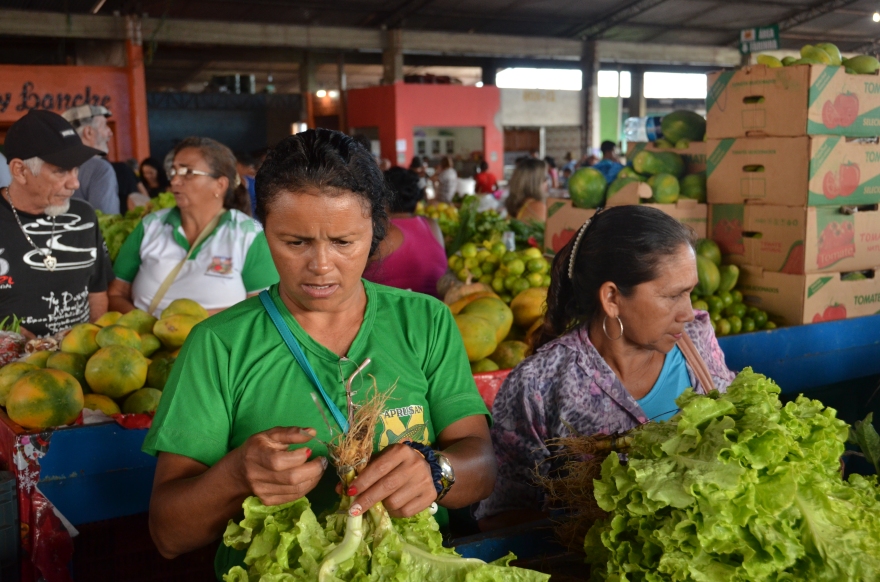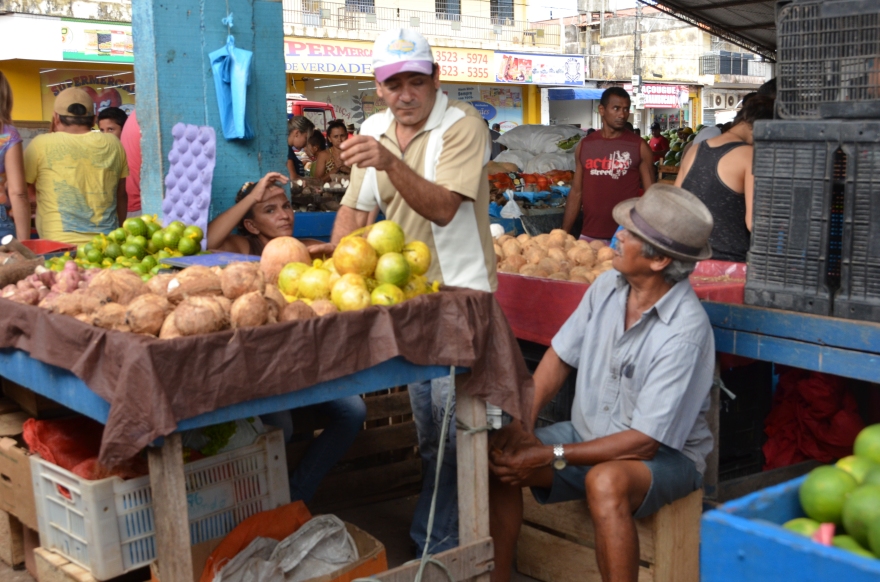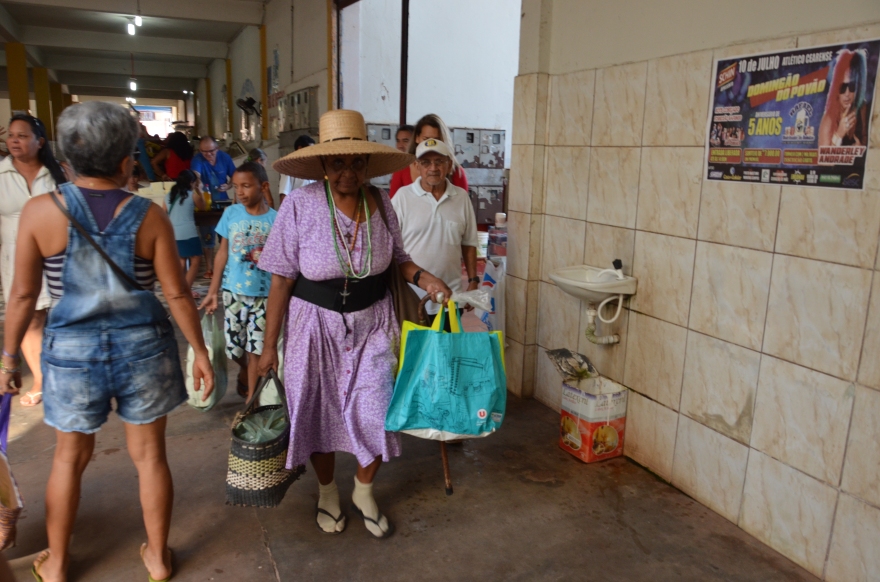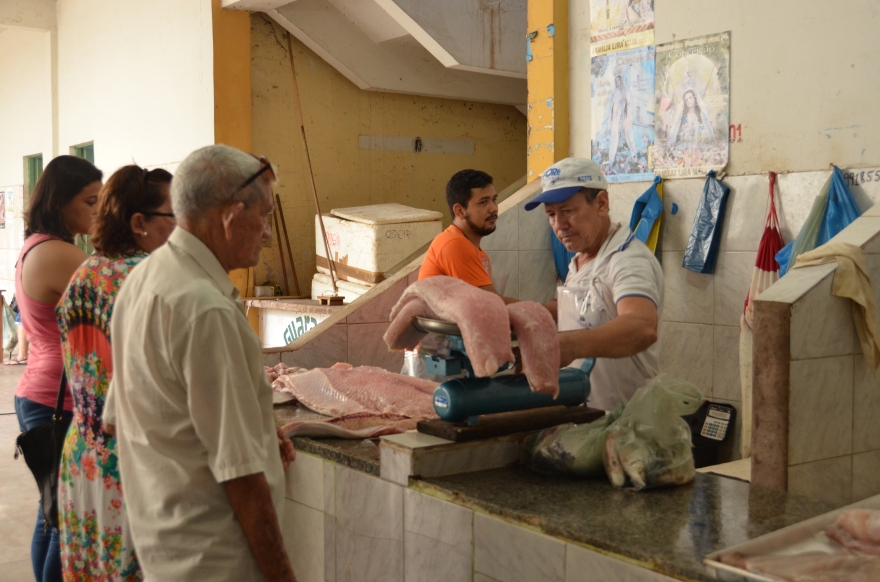Poem originally written in Italian for my great uncle Gilberto Grasso, who I lived with in Santarem, Brazil, over the summer. It is very special to me, as is my uncle Gil, who, at the age of 80, still burns with what Pasolini (one of his favourite Italian authors) would call ‘desperate vitality’. Thank you for overwhelming me with your immense love for life, literature, cinema, romance, fun, debate, and all the ups and downs this world’s got to offer.
Zio Gil and his friend Deonito, Language professor at the University of Santarém, helped me translate the poem into the beautiful language it deserves to be in. (Below a rough English translation for those who need it).
A carnalidade jogue tudo na brasa.
Eu, que sempre mergulhei nas gentes,
A procura de um tudo
que apagasse cada minha curiosidade.
E que sempre mais esvaziada me foi acordada,
Apagada-se a duvida
Que era a minha vitalidade.
Tu es demais incontrolável para mim,
Demais fora do lugar.
Eu, que cambaleio nas margens da loucura,
Ainda demais regulada.
E me pergunto se tu
és verdadeiramente livre,
Se o homem verdadeiramente
pode aprender em ser livre.
Quando o teu ser fica marcado daquele momento,
No qual tu abaixas-te para afivelar a bota
Ou em olhar uma linda mulher e não uma outra.
Aqueles momentos te acorrentam a este mundo
Que nos acompanha sozinhos,
dos vinte e quatro aos oitenta.
Quando penses saudoso ao passado,
Naquele que é, que não foi.
E quando procuras de viver desesperadamente
Para não te sentir apagar totalmente.
È bem verdade que nÓS poetas
somos calculadores – niilistas miseráveis.
È bem verdade que eu, sou espelho ornamental
Das emoções que me cercam.
Mas absorvo, te garanto que absorvo.
E estas vidas que cabem em mim,
Estas luzes que cabem em mim,
Saiam de mim mais coloridas, cheias.
Carnality turns the world to ashes.
A life spent diving into people,
Seeking fullness to quench curiosity.
Yet rising emptier each morning,
Extinguished the doubt, extinguished the clout.
You’re too unruly for me, too out of place.
I’m still staggering on the margins of madness
And yet I am still too restrained.
And I ask myself if you really are free,
if a man can truly ever learn to be free.
When you’re tainted by that moment
when you stopped to tie your shoelace
or lay eyes on a pretty girl and not another.
Moments like these glue you to this word,
that chaperones our lonely journey
from age twenty to age eighty.
When you think, with ‘saudade’, to the past
to what happened and what didn’t.
When you try to live desperately,
to not fade out entirely.
And maybe what you said is true:
Us writers are calculating, misery-breeding nihilists,
And maybe I am, indeed, just an ornamental mirror
Throwing back the life and emotions around me.
But I promise I sponge it all up
And these lives that soak in,
These lights that soak in
Come back out more colourful and full.




































































